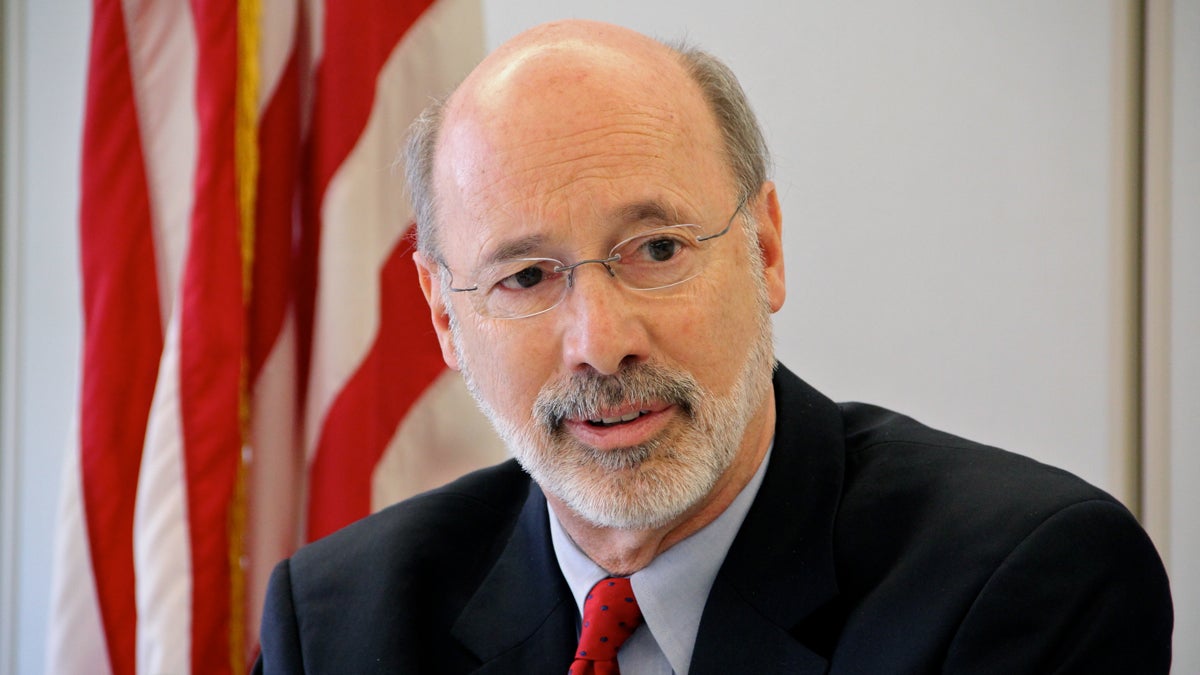Pennsylvania switching to traditional Medicaid expansion
Listen
Pennsylvania Gov. Tom Wolf has made good on his campaign pledge to end the state's alternative Medicaid expansion program, Healthy PA, in favor of a traditional expansion.(Emma Lee/WHYY)
Just weeks after being sworn in, Pennsylvania Gov. Tom Wolf has made good on his campaign pledge to end the state’s alternative Medicaid expansion program, Healthy PA, in favor of a traditional expansion.
The state will phase out its current screening protocol for determining which people get more generous benefits and instead provide a single coverage plan for all.
“The process will get a lot more simple,” said state Department of Human Services Secretary Ted Dallas. “For folks who need help, our hope is that we’ll build a system that will allow them to get it a lot easier than they can today.”
Patient advocates have criticized the Healthy PA program for being overly complicated and confusing.
“It’s taken a long time for applications to be approved, in some cases far longer than the 30 days required by state law,” said Kristen Dama, a staff attorney for Community Legal Services in Philadelphia, which has filed three lawsuits against the state over Healthy PA.
Depending on medical need, patients are supposed to be offered different levels of coverage. But, Dama said, glitches with a questionnaire have complicated those assignments.
Dialysis patients have mistakenly been placed in plans that do not offer that essential service. In other cases, those with mental illness or substance abuse problems have lost access to treatment.
“We deal with a lot of chaos that’s brought on by our disability,” said Joseph Rogers, the chief advocacy officer of the Mental Health Association of Southeastern Pennsylvania, who has bipolar disorder. “And to have the government add bureaucracy and add chaos just really made no sense.”
No benefits change with the announcement, but Dallas said the state would begin moving beneficiaries onto the new plan this spring and finish by early fall.
WHYY is your source for fact-based, in-depth journalism and information. As a nonprofit organization, we rely on financial support from readers like you. Please give today.

